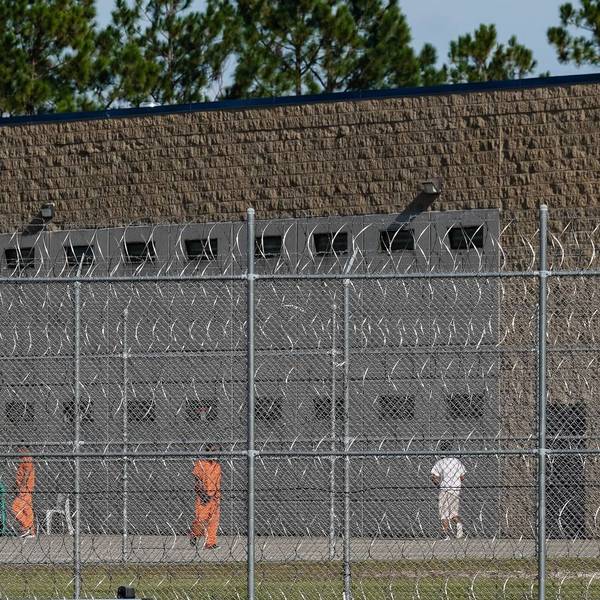A federal judge refused to erase history Thursday, stating that former Sheriff Joe Arpaio is still guilty of criminal contempt of court for defying orders to stop racially profiling Latinos--despite President Donald Trump's pardon of Arpaio in August.
The pardon did not "revise the historical facts of this case," said U.S. District Judge Susan Ritchie Bolton in her ruling.
Bolton convicted Arpaio in July for violating the constitutional rights of residents in Maricopa County, Arizona after an earlier order barred him from doing so. Arpaio, a loyal Trump supporter, was notorious for detaining Latinos without any evidence of wrongdoing. He established a detention center known as Tent City where inmates were regularly humiliated and exposed to extreme temperatures, drawing condemnation from human rights groups.
Arpaio faced a maximum of six months in prison for his crimes, before Trump announced that he would pardon him, calling him "an American patriot!" on Twitter and thanking him for his "years of admirable service to our nation."
The judge noted in her ruling that a pardon "does not blot out guilt or expunge a judgment of conviction," and actually implies that Arpaio is in fact guilty.
"Indeed, a pardon 'carries an imputation of guilt; acceptance a confession of it," Bolton wrote, quoting Black's Law Dictionary.
The ruling is consistent with Department of Justice guidance stating that pardoned offenses will not be removed from a pardoned individual's criminal record.
While Arpaio has attempted to have his conviction voided, four legal advocacy groups have challenged his pardon. On Monday, the groups filed a request asking Bolton to appoint a private attorney to appeal her earlier decision to let the pardon stand.




